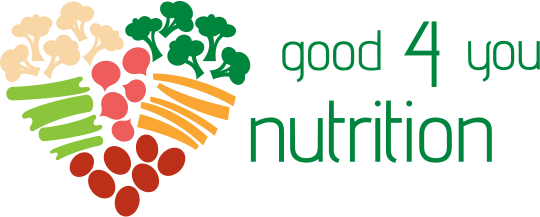Fasting – Is it for you?
Posted on October 4th, 2016
Toxins accumulate within the body overtime from sources such as; pollution in the air we breathe, food and water we consume, prescription medications we take along with many other means. Everyday the body attempts to adequately rid itself of toxins, however after a substantial period of time fasting can be a very effective way to eliminate toxins when symptoms such as; headaches, diarrhoea, depression and fatigue settle in more permanently than we would like.
Fasting allows the body to have a break from digesting food which allows the body to complete its detoxification process in full and to start facilitating healing. In acute illnesses such as; colon disorders, allergies and respiratory diseases, fasting can be very beneficial, whereas in chronic degenerative diseases it is not as effective.
Fasting has also been shown to regulate hormones, reduce systemic inflammation, boost the immune system, balance blood sugar levels, improve concentration and mental clarity, boost metabolism and aid in weight loss, reverse and slow down the aging process and to help people live a longer, happier and healthier life. Fasting allows the cleansing of the liver, colon and kidneys.
During a fast, liquids such as fresh vegetable juices, bone broths and herbal teas are often consumed as water alone can cause toxins to be released too quickly leading to many side effects that can be serious.
Fasting Suggestions – To Improve Overall Health
- 12 hours fast – The easiest fast that one can do is to have no food between Dinner and Breakfast. This allows the body 4 hours to complete digestion and 8 hours for the liver to complete its detoxification cycle. This fast can be done everyday safely.
- 14 hour fast (Women)/ 16 hours fast (Men) – If you are use to having 12 hours between Dinner and Breakfast this additional time won’t be too difficult to carry out. This fast is often suggested 2-3 times a week to reap the benefits. It is important for women in particular to stick to 14 hours without any food as opposed to 16 hours due to hormones, whereas men benefit more from 16 hours as it actually boosts testosterone.
Fasting can go for longer periods of time including 24 hours, 3 days, 5 days or 7 days, however it is best that you discuss these longer fasts with a qualified health care practitioner as these need to be done carefully.
Children should not fast, and people with chronic diseases should consult their health care practitioner before considering fasting.

